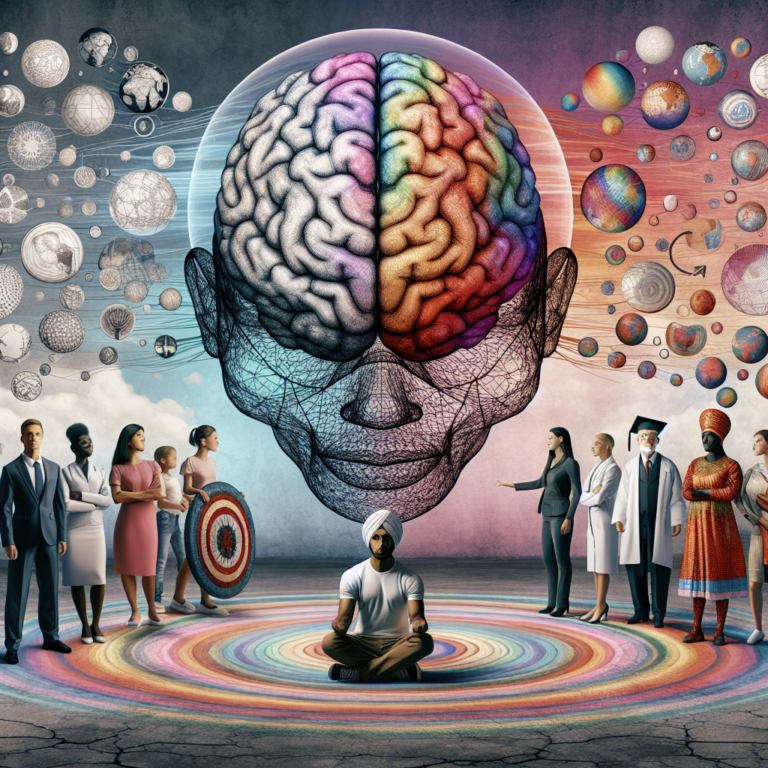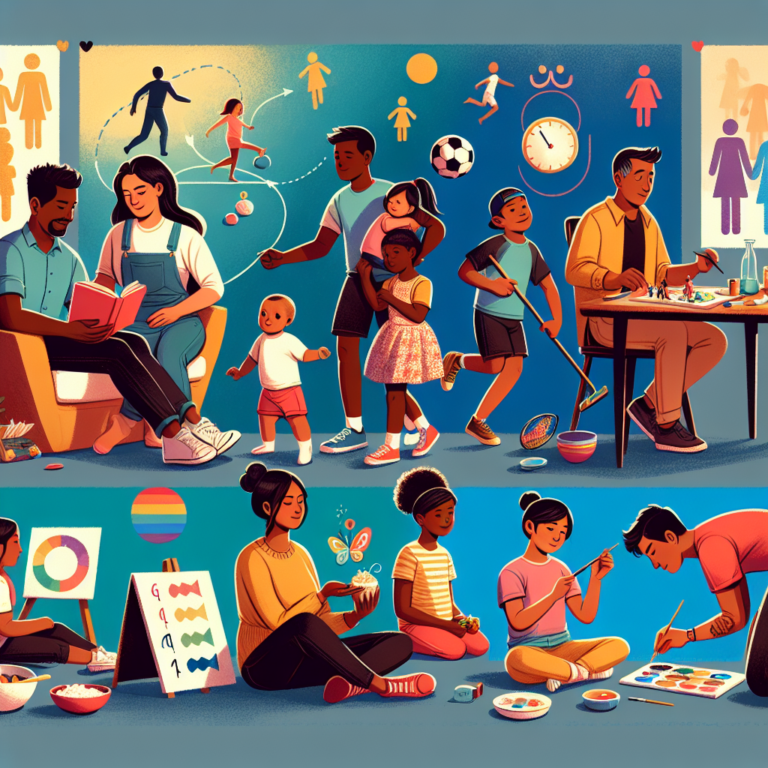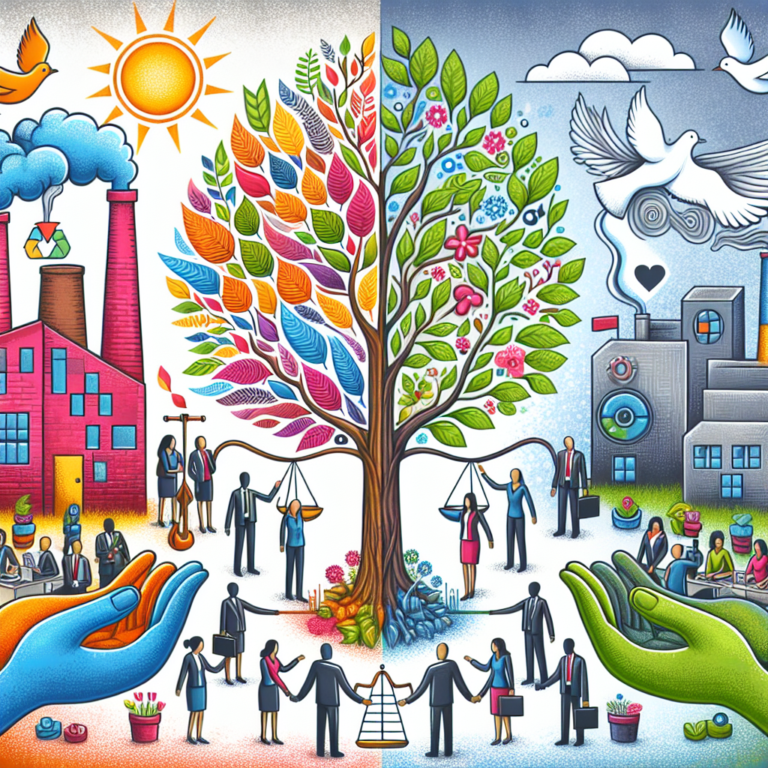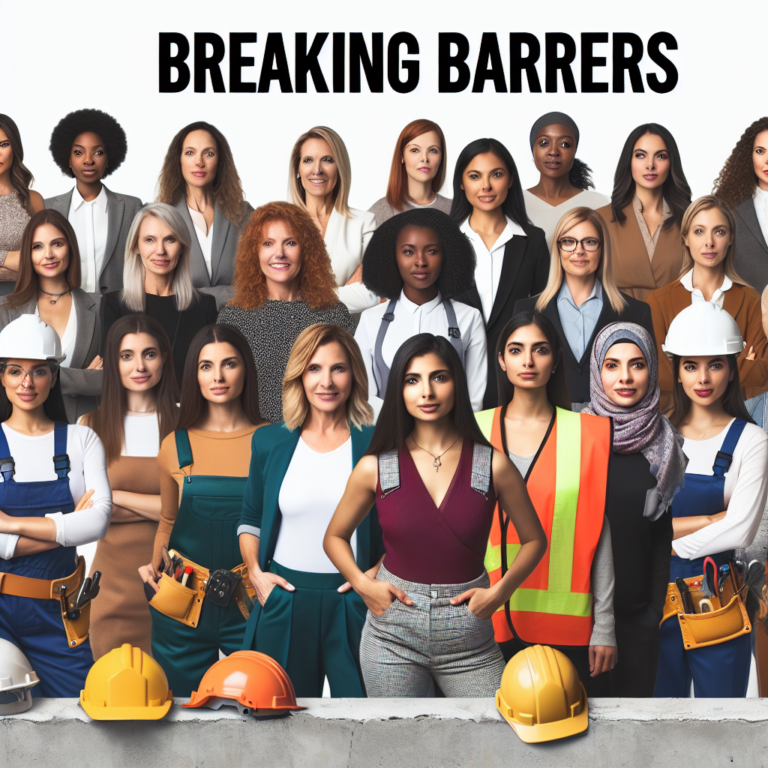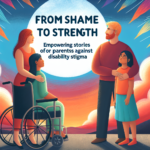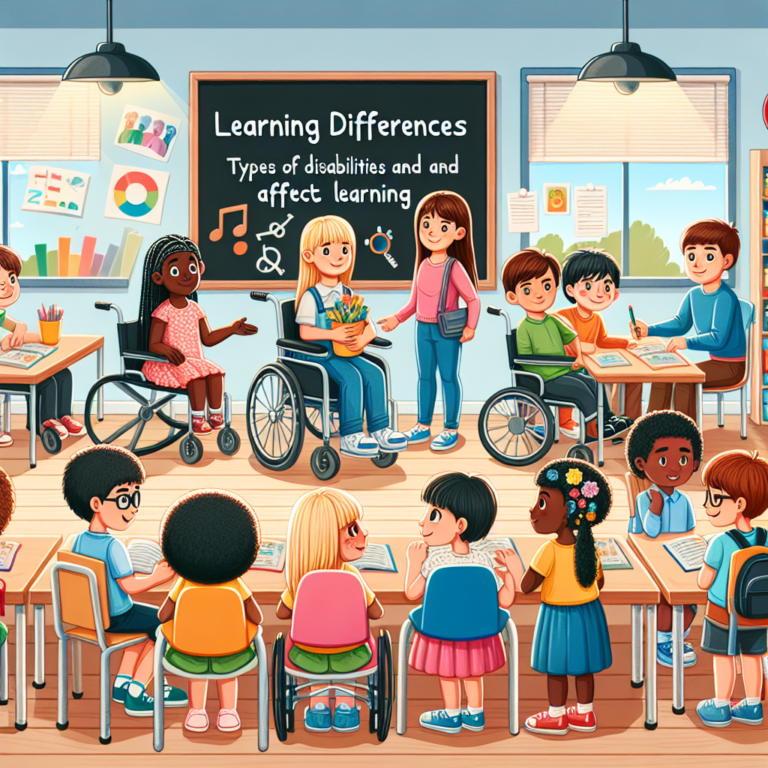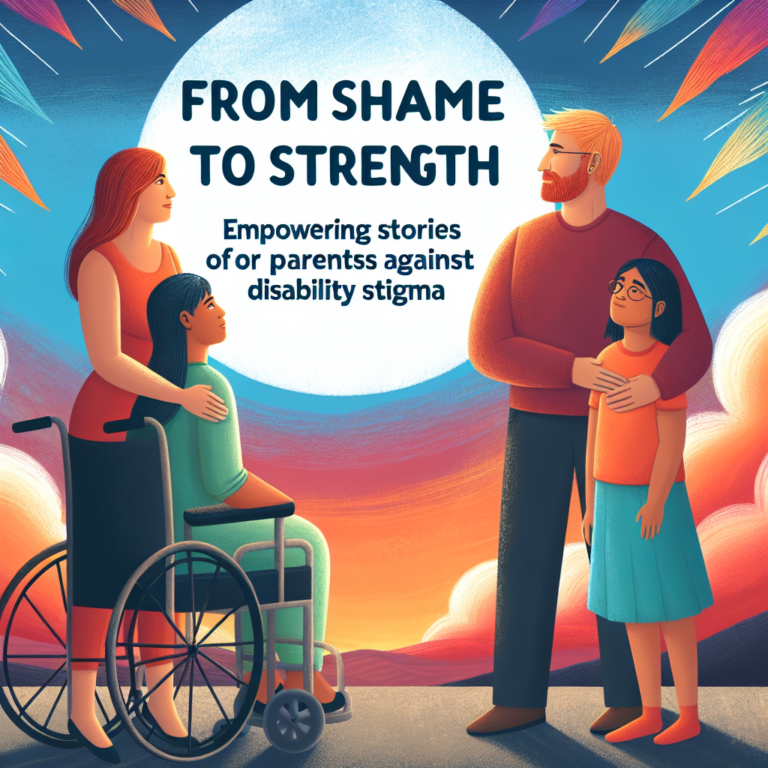
Introduction
In a world striving for equality, the phrase "Trans Rights Are Human Rights" resonates powerfully. As society progresses, the recognition and affirmation of diverse gender identities must be paramount. The quest for equality in gender identity showcases the broader struggle for universal human rights. This article delves deep into the advocacy for trans rights, exploring the societal challenges, reflections on real-world applications, and the urgent need for sustained activism. Join us as we advocate for a future where every individual’s identity is honored, valued, and protected.
Understanding Gender Identity
Defining Gender Identity
Gender identity encompasses a person’s internal understanding of their own gender, which may or may not align with the sex assigned at birth. This crucial aspect of human diversity is not always visible, but it is deeply felt and profoundly influences one’s experience in society. Fundamental to our understanding is recognizing that gender is not binary; it exists on a spectrum.
The Importance of Inclusivity
Inclusivity means recognizing and respecting the full range of gender identities, including transgender, non-binary, genderqueer, and more. The push for inclusivity isn’t simply a social trend but a human rights issue that recognizes everyone’s right to live authentically.
Historical Context of Trans Rights
A Brief History
Trans rights have not always been a visible part of the broader fight for civil rights. Yet, individuals like Marsha P. Johnson and Sylvia Rivera fought bravely for recognition during the Stonewall Riots, marking a crucial turning point in the visibility of transgender rights. Their legacy reminds us that history is replete with activism that underscores the importance of recognizing trans rights as human rights.
Legal Milestones
Different countries have made significant strides toward recognizing transgender rights within legal frameworks. For instance:
| Year | Country | Legislation |
|---|---|---|
| 1973 | USA | Removal of Homosexuality from DSM |
| 2015 | Malta | Gender Identity Law |
| 2019 | Taiwan | First legal recognition of same-sex marriage |
These milestones highlight both progress and the work still required to ensure comprehensive protection for trans individuals.
Current Challenges Facing the Trans Community
Societal Stigma and Discrimination
Despite advancements, trans individuals frequently encounter systemic discrimination. According to a study by the Williams Institute, approximately 30% of trans individuals experience homelessness at some point in their lives. This stark statistic highlights the urgency of the fight for equality in gender identity.
Violence Against Trans Individuals
Trans women, particularly those of color, are disproportionately affected by violence. The Human Rights Campaign documented numerous instances of fatal violence against transgender individuals, with many cases going unreported or uninvestigated. This grim reality underscores the critical need for greater awareness and protective measures.
Access to Healthcare
Access to healthcare remains a significant barrier for many in the trans community. Many face discrimination within healthcare systems, leading to high rates of anxiety and depression. The American Medical Association advocates for equitable healthcare for all, emphasizing that trans rights are integral to providing comprehensive medical care.
Case Studies Illustrating Real-World Applications
Case Study 1: The U.S. Military Ban
In 2017, the U.S. government announced a ban on transgender individuals serving openly in the military. This decision was met with significant backlash, demonstrating the power of advocacy and community mobilization. Activists rallied, emphasizing that "Trans Rights Are Human Rights: Advocating for Equality in Gender Identity." This led to legal challenges and ultimately a policy reversal, showcasing grassroots activism’s impact.
Case Study 2: Corporate Inclusion Initiatives
Several corporations have recognized the importance of inclusivity in the workplace. Companies like Salesforce implemented policies designed to support gender diversity, significantly reducing discrimination. These initiatives serve as models in advocating for equality in gender identity, emphasizing that workplaces can be beacons of support.
Case Study 3: International Movements
Organizations like OutRight Action International work globally to promote trans rights beyond borders. Their work emphasizes that advocating for equality in gender identity is not just an isolated effort; it requires global solidarity. Their support in various countries illustrates how trans individuals can find hope and allies worldwide.
The Role of Advocacy in Promoting Trans Rights
Grassroots Movements
Local grassroots movements play an essential role in advancing trans rights. They foster community support, provide resources, and raise awareness about the unique struggles faced by trans individuals. Local organizations often serve as the frontline warriors in advocating for rights and protections.
Legislative Advocacy
Efforts to influence policy change are crucial. Advocacy groups regularly lobby for laws that protect gender identity rights at local, state, and national levels. For instance, campaigns for the Equality Act in the U.S. aim to extend civil rights protections to include gender identity, demonstrating that legislative measures are vital in promoting equality.
Education and Awareness
Education plays an integral role in transforming societal perceptions. Initiatives aimed at educating the public about transgender issues can significantly reduce stigma and discrimination. Schools, workplaces, and community centers can serve vital spaces for this education.
The Vital Role of Allies
Understanding the Importance of Allyship
Allies have the power to influence social norms and promote equality in gender identity. Being an ally means actively supporting trans individuals, listening to their experiences, and advocating for their rights. Allies can amplify marginalized voices and facilitate change.
Actionable Steps for Allies
- Educate Yourself: Understand the issues facing transgender individuals and the proper language to use.
- Speak Out: Challenge transphobia and discrimination when you encounter it.
- Support Trans Initiatives: Donate to trans rights organizations or help amplify their causes.
Conclusion
The journey toward acceptance and equality for transgender individuals is far from over. By recognizing that "Trans Rights Are Human Rights: Advocating for Equality in Gender Identity," we acknowledge our shared humanity. The fight for equality is not merely a trans issue; it reflects our collective commitment to justice for all. When we stand together, we foster a safer, more equitable society where every person can live authentically and with dignity. Let us, as a community, empower trans voices and advocate for a future that transcends borders, accommodating the full spectrum of human identity.
FAQs
1. What are trans rights?
Trans rights refer to the rights of individuals whose gender identity differs from the sex they were assigned at birth. This includes the right to live authentically, access healthcare, and protection against discrimination.
2. Why are trans rights considered human rights?
Trans rights are considered human rights because every person deserves the right to autonomy over their identity and body. Discrimination against trans individuals is a violation of the fundamental rights to dignity and equality.
3. How can I support trans rights in my community?
You can support trans rights by educating yourself and others, advocating for inclusive policies, and supporting local and national trans advocacy organizations.
4. What resources are available for trans individuals?
There are numerous resources available, including helplines, support groups, and advocacy organizations like the Human Rights Campaign and Trans Lifeline. Many cities also have LGBTQ centers providing vital services.
5. What are the major challenges trans individuals face today?
Challenges include discrimination in employment and healthcare, violence against trans individuals, and a lack of legal protections. Trans individuals often experience high rates of mental health issues due to the societal stigma they face.
By engaging with these questions, we can continue the essential conversation surrounding trans rights, building empathy and understanding in our quest for equality in gender identity. Together, let us advocate for a world where Trans Rights Are Human Rights.



